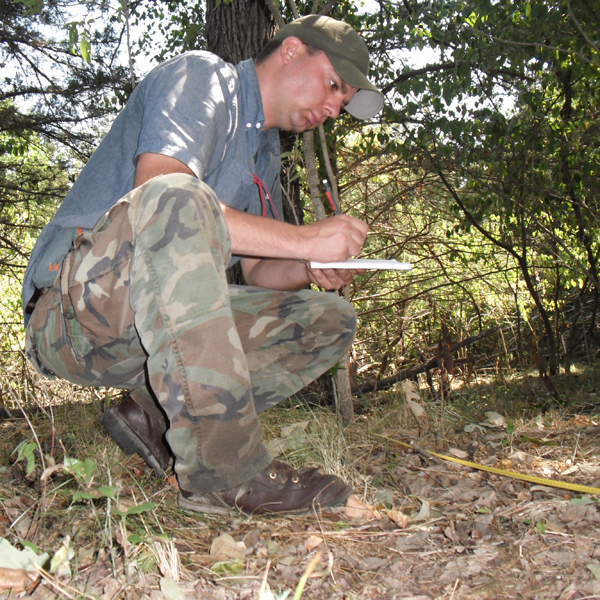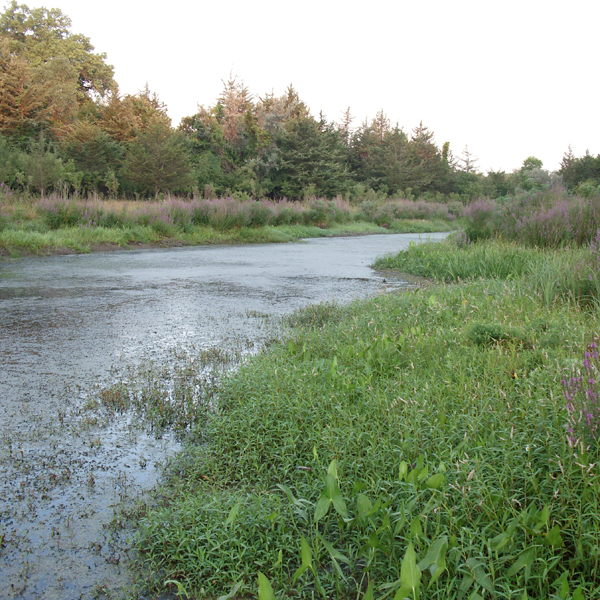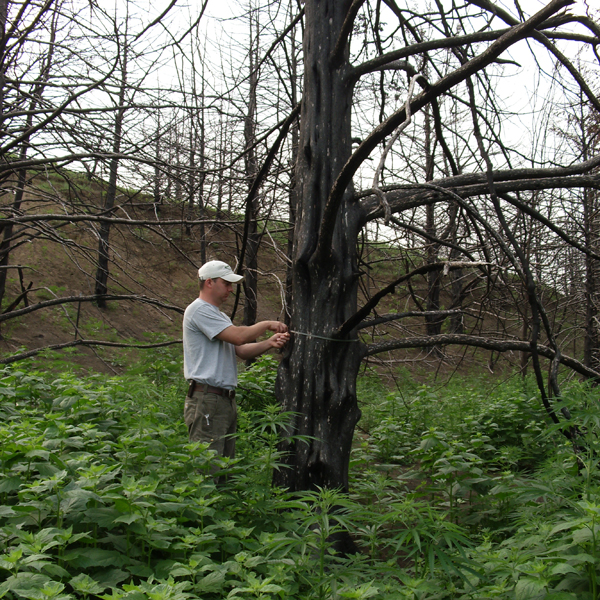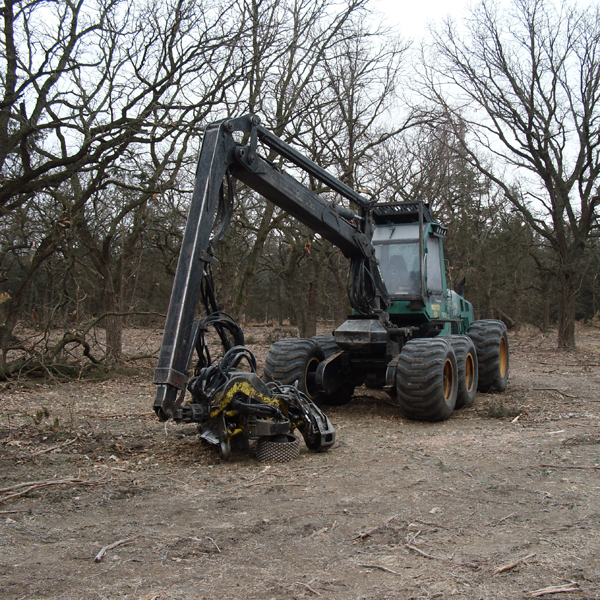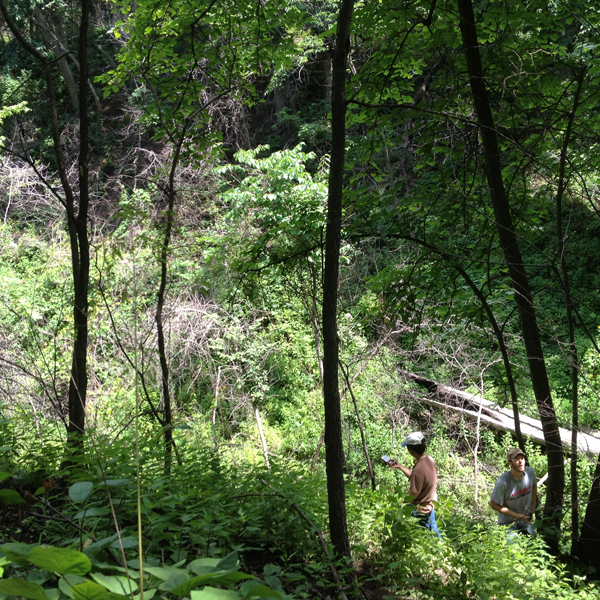Adaptive Management Specialization in
Natural Resource Sciences Graduate Program
Available to both MS and PhD candidates.
The Adaptive Management specialization is designed to provide a rigorous, focused graduate program that draws on faculty expertise in both adaptive management and structured decision making. Adaptive governance and adaptive management are innovative integrative approaches that treat policy and management as experiments designed to determine and decrease uncertainties and identify thresholds for the successful management of complex systems. For adaptive governance and adaptive management to be successful there is a critical need for explicit training of future social and natural resource scientists, managers, and policymakers in the process of adaptive management and in resilience theory, which gave rise to adaptive management. Students enrolling in this emphasis area will be interested in the interface of research, management and policy.
Educational goals and objective:
- Provide students a learning environment to promote a broad understanding of adaptive management principles and how they can be applied to the conservation and management of our natural resources.
- Recognize students who have attained an advanced knowledge of adaptive management principals and application.
- Support interactions and cooperation among the community of scientists and students working on applied adaptive management.
Faculty Point-of-Contact
If you are interested in the Adaptive Management graduate specialization, please feel free to contact the following SNR faculty member:
Additional Information
In addition to School of Natural Resources faculty, there are more than 20 faculty associated with the resilience and adaptive management NSF Research Trainee Program at UNL.
Requirements
Graduate degrees are research degrees. The primary requirement for a specialization in adaptive management is a research topic (i.e., thesis or dissertation) that focuses on, or includes, adaptive management. Students with this specialization will work closely with their advisor(s) and committee members to choose a range of courses that provide a background in ecology, quantitative ecology and statistics and social sciences, all core to adaptive management. Specialized graduate courses are often taught irregularly or one-time; therefore it is imperative that students and graduate committees tailor individual degrees based on courses that are available and specific needs of a specific research question and degree program.
Please see our entrance requirements and application procedure pages for more information about our admission and application expectations for graduate degree candidates.
Course work and thesis topics are coordinated closely with a student’s long-term goals. Courses to consider for the program:
- NRES 803 - Ecological Statistics (4 cr)
- NRES 823 – Integrated Resource Management (3 cr)
- NRES 450/850 – Biology of Wildlife Populations (4 cr)
- NRES 498/898 – Adaptive Management (3 cr)
- NRES 498/898 – Parameter estimation / MARK / Distance (1– 3 cr)
- AECN 841 – Environmental Law (1-4 cr)
- AECN 456/856 – Environmental Law (3 cr)
- AECN 465/865 – Resource and Environmental Economics (3 cr)
- AECN 883 – Ecological Economics (3 cr)
- BIOS 456/856 – Mathematical Models in Biology (3 cr)
- MATH 823 – Mathematical Applications in Biology (3 cr)
- POLS 831 - Core Seminar in Public Policy (3 cr)
- POLS 836 – Public Policy Analysis (3 cr)
- POLS 931 – Water Policy (3 cr)
- PSYC 883 – Psychology of Social Behavior (3 cr)
Our M.S. and Ph.D. students have pursued a wide range of career paths over the past several years, including positions with state and federal agencies, natural resources districts, environmental consulting firms, and nongovernmental (nonprofit) organizations.

